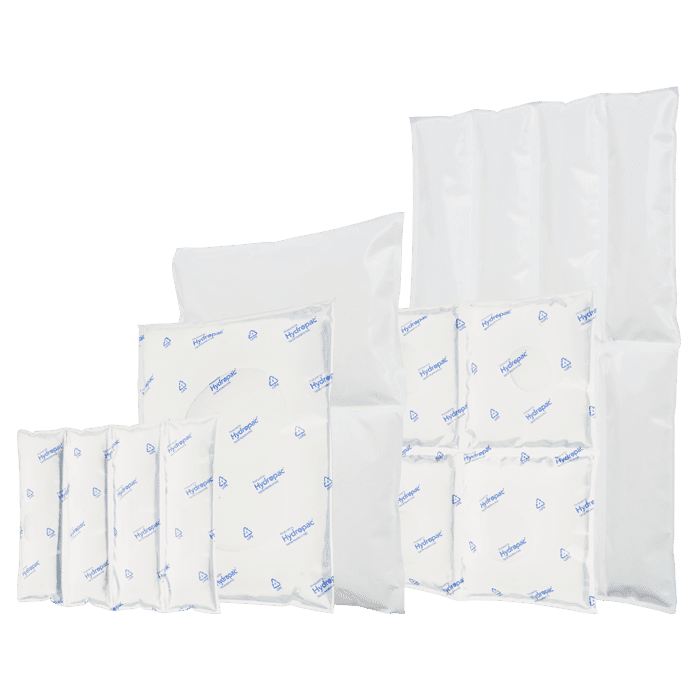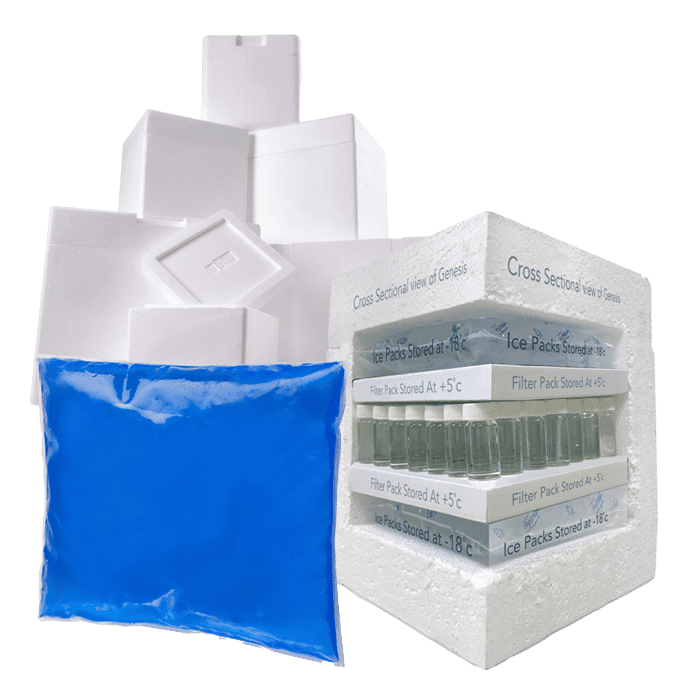Minimising food waste in the Winter
Winter is creeping up on us, and our first instinct is to get snuggled up as warm as possible, with a hot drink to hand. The darker evenings often mean that we get tired earlier, so when we get in from a long day of work and turn the heating up, we find ourselves ordering food in for convenience. Hands up anyone who orders more than they can eat, and ends up throwing the remains away.
In addition, around the winter and Christmas period, households end up creating around 30% more waste and spend over £160 on food and drink just on Christmas day alone. In 2012, the equivalent of 2 million turkeys, 74 million mince pies and 5 million Christmas pudding raisins were thrown away by households in the UK and found their way into landfill.
When food is thrown into landfill, it produces a large amount of methane. When this food degrades and rots it emits harmful gases; these are 25 times more damaging than carbon dioxide when trapping heat in the atmosphere.
Lots of water is also used to produce food; agriculture accounts for around 70% of the water used across the world. If you waste 1kg of beef, you are also wasting the 50,000 litres of water that was used to produce the meat. Overall, the impact of food waste is devastating, especially around the Winter period, so how can we change this?
Custom chilled solutions for you
Hydropac offers every customer a customized solution for chilled and conditioned shipping. For example, we help a customer with limited freezing capacity to deliver gel packs frozen and ready to use, and we can manufacture almost all shapes and sizes of cooling elements. As a customer, you come first: we are here to help you.
Tips on how to reduce waste in the winter
- Plan Meals – Throughout the winter period and Christmas, you can create meal plans so you don’t over buy or under buy food. On a normal week, work out how many people will be eating dinner every night and plan out the meals for the remaining days, so there is no extra left behind. For Christmas Day, take into consideration the number of guests you will be having and buy accordingly!
- Shopping List – Shopping lists are a great way to plan what you will be buying to eat for the week. It is also a good way to control your food shopping to only purchase what will be eaten and not everything that looks appealing, saving you time and money.
- Check Cupboards – Before you leave to do your winter shopping, check through your pantry and make sure there is nothing on your shopping list that you already have hidden in the back, helping you not to buy double.
- Eat Leftovers – Sometimes cooking the exact amount of food for yourself or your family can be quite challenging, so if there is leftover food, either pack it for lunch the next day or have a ‘leftover food night’ once a week to clear out the fridge of any extra food that hasn’t been eaten through the week.
- Limit Peeling – Try to stop peeling potatoes, carrots, apples and cucumbers and eat all of it! You can use a vegetable scrubber to remove the top layer of skin but without all of the waste.
- Freeze Food – Try to make the most out of your freezer! It is surprising how much you can actually freeze and use when you are ready, from avocadoes to strawberries, the list is endless. When you see one of your foods in the fridge is due to go off, do some research and see if it can be frozen and use when ready. Single ingredients can be frozen or whole meals of leftovers!
- Feed Friends & Animals – If you are friendly with your neighbours, you could try doing a swap of any leftovers for dinner or cook food for each other. If you or anybody you know has any animals such as goats, pigs or chickens, then any food waste is best to go to them rather than disposing of it in landfill.
- Compost – If you do end up needing to throw food away, most councils provide dedicated food waste/compost bins. Composting food waste stops it going to landfill and is a better solution all round, as you can either use the resulting compost for your own garden, share it with friends and family, or if you use a council waste bin, it is then taken to open windrow sites. This waste is shredded, mixed and put into windrows, which then break down into compost used by local farmers.
Sustainability Hydropac and CSR
Sustainability isn’t just a trend for us – it’s a promise. As we innovate, create, and lead, we keep our planet’s well-being at the forefront. With Hydropac, you’re not just preserving the quality of your cargo; you’re contributing to a healthier world.
Experience the power of sustainable temperature assurance with Hydropac – where excellence and environmental responsibility coexist for a brighter future.







